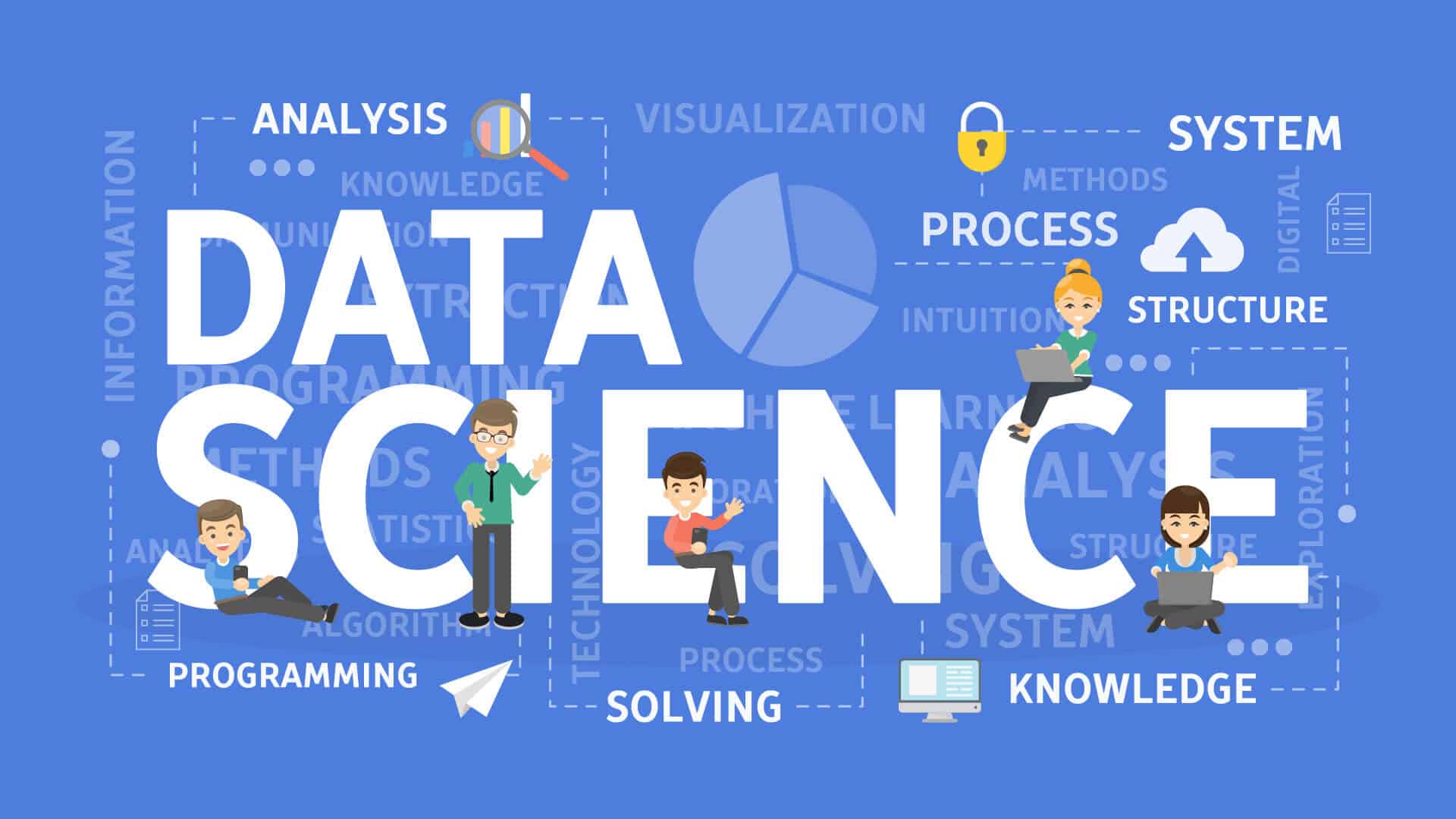
DATA SCIENCE Study of data to extract meaningful insights for business Platform delivers new capabilities Reduces redundancy and drives innovation Can deliver real value to your business.
ABOUT THE DEPARTMENT
The department of CSE-Data Science was established in the year 2021 with an intake of 60 with AICTE approval. The department has well equipped computer laboratories, and full-fledged faculty members. Data science is the study of large amount data to extract meaningful insights for decision making in the different area of life such as business, education and research, diagnostics etc. It is a multidisciplinary approach that combines principles and practices from the fields of mathematics, statistics, artificial intelligence, and computer engineering to analyze large amounts of data. This analysis helps data scientists to ask and answer questions like what happened, why it happened, what will happen, and what can be done with the results.




ABOUT HEAD OF THE DEPARTMENT

Dr K.Subbarao has received Ph.D in Computer Science and Engineering in 2020 from JNTU Hyderabad. He is working as Professor and Head in CSE- Data Science. He has a total of 19 years of experience in Teaching. He is ratified by JNTUK, Kakinada in 2009. His Research areas are Image Processing, Recommender Systems, Machine Learning. He has Professional Memberships at Life Member of CSI (01124335), Life Member of ISTE (LM 47065)
ACHIEVEMENTS OF THE DEPARTMENT
26 Students have got Microsoft Certified Professional (MCP) certificates for the academic year 2022-2023.
05 Girl students have received “AICTE-Pragati Scholarship” from the Department of CSE-Data Science for the academic year 2022-2023. The amount of Scholarship is 50,000/- per year and will be given for four years.
VISION
The Department of Data Science trains the next generation of students as data scientists who will modelreal world challenges andinnovate solutions through world-class research to take advantage of large amount data availability.
MISSION
- Educate students in the data-centric world to understand the business and societal needs and translate the data into information to support and build confidence for decision making.
- To integrate the research into practical and relevant solutions to address different data related challenges.
- To create a source of learning on many ethical, privacy and technical aspects of ubiquitous data.ware and software.
- PROGRAM EDUCATIONAL OBJECTIVES (PEOs):
- PROGRAM SPECIFIC OUTCOMES (PSOs)
- PROGRAM OUTCOMES (POs)
- BOS
- To provide the graduates with solid foundation in understanding the key technologies in Data Science.
- To impart strong training both theoretically and practically to turn them into adaptive Data Scientists.
- To train graduates to choose a decent career either in high degree of employability/Entrepreneur or, in higher education by empowering students to deal with critical situations and using competitive exams.
- To train the graduates to have basic interpersonal skills and sense of social responsibility that establishes them as good leaders.
- Understand, design and analyze applications in the areas related to Data centric world.
- Ability to work in multidisciplinary teams in small and large scale projects by utilizing state-of-art technologies.
- Acquire domain knowledge to pursue higher education and research.
PO1: Engineering knowledge
Apply the knowledge of mathematics, science, Engineering fundamentals, and an Engineering specialization to the solution of complex Engineering problems in Computer Engineering.
PO2: Problem analysis
Identify, formulate, review research literature, and analyze complex Engineering problems in Computer Engineering reaching substantiated conclusions using first principles of mathematics, natural sciences, and Engineering sciences.
PO3: Design / Development of Solutions
Design solutions for complex Engineering problems and design system components or processes of Computer Engineering that meet the specified needs with appropriate consideration for the public health and safety, and the cultural, societal, and Environmental considerations.
PO4: Conduct Investigations of Complex Problems
Use research based knowledge and research methods including design of experiments in Computer Engineering, analysis and interpretation of data, and synthesis of the information to provide valid conclusions.
PO5: Modern Tool Usage
Create, select, and apply appropriate techniques, resources, and modern Engineering and IT tools including prediction and modeling to complex Engineering activities in Computer Engineering with an understanding of the limitations.
PO6: The Engineer and Society
Apply reasoning informed by the contextual knowledge to assess societal, health, safety, legal and cultural issues and the consequent responsibilities relevant to the professional engineering practice in Computer Engineering.
PO7: Environment and Sustainability
Understand the impact of the professional Engineering solutions of Computer Engineering in societal and Environmental contexts, demonstrate the knowledge of, and need for sustainable development.
PO8: Ethics
Apply ethical principles and commit to professional ethics, responsibilities, and norms of the Engineering practice.
PO9: Individual and Team Work
Function effectively as an individual, and as a member or leader in diverse teams, and in multidisciplinary settings.
PO10: Communication Skills
Communicate effectively on complex Engineering activities with the Engineering community and with society, such as, being able to comprehend and write effective reports and design documentation, make effective presentations, and give and receive clear instructions.
PO11: Project Management and Finance
Demonstrate knowledge and understanding of the Engineering and management principles and apply these to one’s own work, as a member and leader in a team, to manage projects and in multidisciplinary Environments.
PO12: Life-long Learning
Recognize the need for, and have the preparation and ability to engage in independent and life-long learning in the broadest context of technological change.



